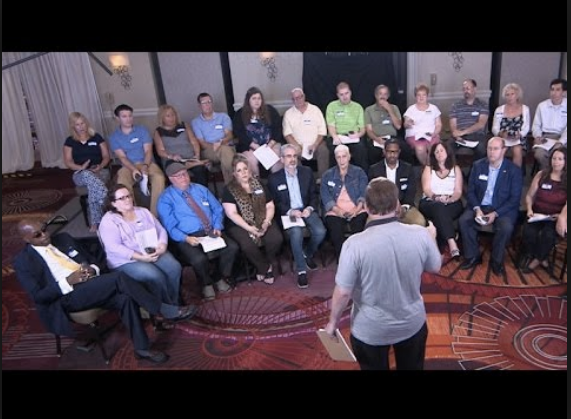. . .
But two years into Trump’s presidency, the reality of his economic policies — massively favoring big corporations and the wealthiest Americans — is laying bare the campaign rhetoric. Trump still hasn’t sent bills to Congress to fund infrastructure, limit outsourcing or raise the minimum wage; his signature piece of legislation — the 2017 Tax Act — slashed taxes for big corporations and did virtually nothing for the middle class. His tough talk aimed at drug companies hasn’t been followed by any serious action.
This stripping away of Trump’s economic populist veneer is accelerating. He lost a midterm election when Democrats found their voice on the Affordable Care Act, arguing that Trump put the interests of insurance companies ahead of people with preexisting conditions. His last-minute, election-eve promise to cut middle-class taxes only exposed how little his vaunted “tax reform” had done for those families in the first place. Now his unpopular partial government shutdown — hurting hundreds of thousands of workers and the local businesses they patronize — is the latest straw on the camel’s back.
Even some Trump devotees are raising questions. Fox News host Tucker Carlson, normally a stalwart ally, recently admitted, “a country where a shrinking percentage of the population is taking home an ever-expanding proportion of the money is not a recipe for a stable society.” Or, as a more rank-and-file Trump supporter recently told the New York Times: “I voted for him . . . I thought he was going to do good things. He’s not hurting the people he needs to be hurting.”




